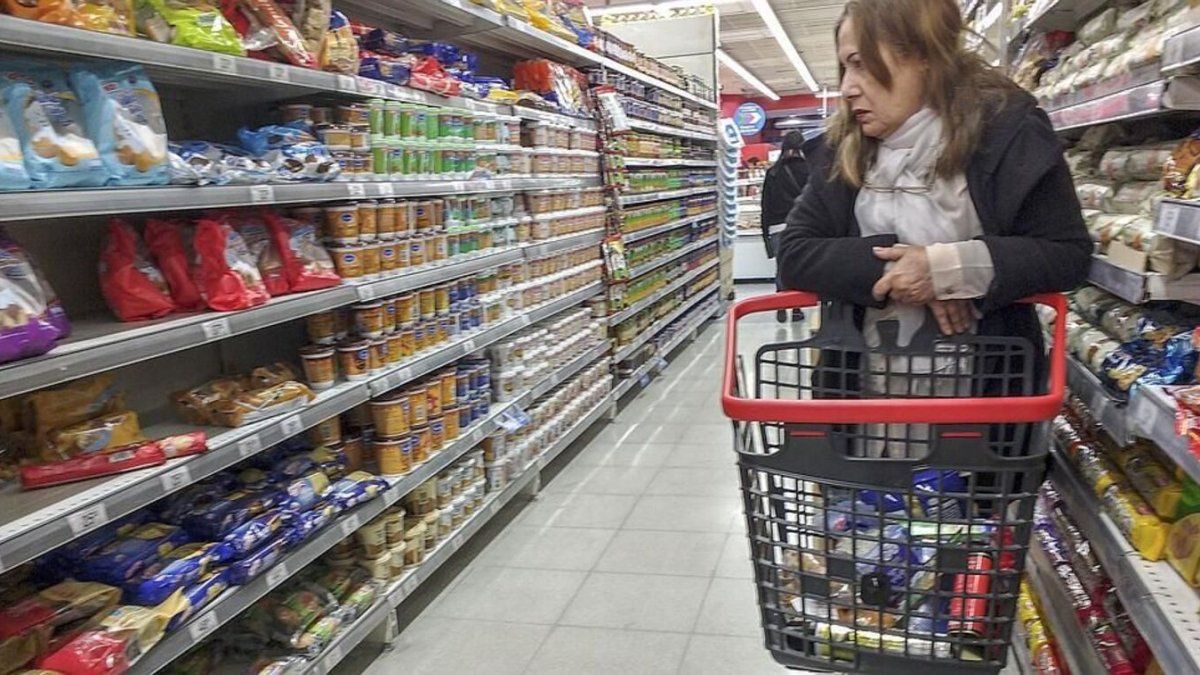The war in Ukraine has had a direct impact on Russia as an automotive location. Not only is the neighboring country in ruins, but also the car market of the largest country in the world. The economic prospects are more than bleak.
The pictures that went around the world from Moscow in April 2019 testify to harmony. For the opening of the Mercedes plant near Moscow, the then CEO Dieter Zetsche and former Economics Minister Peter Altmaier traveled to Moscow specifically. Russian President Vladimir Putin did the honors and together they pressed the start button for production. The German car manufacturer invested more than 250 million euros and employs more than 1,000 people in the factory and administration. “The Mercedes-Benz plant in Moscovia is another building block in our strategy of producing where our customers are. And both partners benefit from this: Russia and Mercedes-Benz,” beamed Dieter Zetsche optimistically. Grow and earn money in the future market of Russia – that was the plan.
Today this project failed. At least for now. After the Russian invasion of Ukraine, Mercedes stops manufacturing in Russia and will no longer export cars to Russia. The Bavarian Motor Works, which closed the plant in Kaliningrad, and VW have taken identical measures. Россия (Rossiya)? Нет (net)!”, is the motto. For Munich and Mercedes, the economic consequences are manageable. Both car manufacturers sell 49,000 (BMW) and 50,000 (Mercedes) vehicles per year. If you keep in mind that both manufacturers per year Selling more than two million cars, this loss can be coped with, unlike the VW Group, which has a market share of twelve percent or 204,000 vehicles in Russia.
“The degree of impact on our business activities is continuously determined by experts in a group-wide task force. In the coming days and weeks we will have to drive on sight and continuously reassess the situation. The supply chains of some German and also European plants are already affected.” , Volkswagen announces. In the largest country, all tapes are standing still, the ruble is falling through the floor and the US rating agencies Fitch and Moody’s have downgraded Russia’s credit rating to “junk” level. “The fixed assets of automobile manufacturers and suppliers are likely to lose significant value in Russia. The automobile industry will not make any relevant investments in Russia for many years,” notes Professor Stefan Bratzel, Director of the Center of Automotive Management (CAM).
The promising future market, which was only a shadow of itself with around 1.67 million cars sold, is now becoming a provincial arena. Especially since, according to the Berylls expert Dr. Jan Dannenberg will reduce it even further: “I think fewer than a million new registrations per year are quite realistic.” These are anything but rosy prospects. Even if cars are sold, the question remains how they will be paid for. “We assume that when the exclusion of Russian banks from the Swift international payment system finally comes into effect, there may be more restrictions on payment transactions with Russian importers and Russian suppliers,” says VW. In the end it would mean “goods for cash”. Given the ruble’s low flight, that’s not a real option.
The Renault Group in particular has been hit hard by the economic sanctions. The Renaulution strategy envisages that the Russian car manufacturer Avtovaz and Dacia will remain two separate business units, but will move closer together in terms of synergies and both will use the CMF-B platform. Together, both brands should produce more than a million cars based on this architecture. Avtovaz is scheduled to launch four new models by 2025, including the new Lada Niva in 2024. What is at least as important is that Lada should benefit from the forecast growth of the Russian market and further expand its market leadership with a share of over 20 percent. The severe economic turning point is causing this strategy to falter massively. billions in losses threaten. “As soon as car manufacturers like Renault have to collaborate with Russian companies, there will be a very big question mark over this strategy”; presents Berylls expert Dr. Jan Dannenberg is clear and adds: “I can’t imagine a European manufacturer like Renault simply saying: It’s business as usual. The situation doesn’t bother us at all, we’ll continue as before. If the Russian government and of the war does not change anything essential, there will be a termination of business relations!” This approach is likely to be similar for the other manufacturers, including Toyota, who are involved in Russia.
The slump in the automotive business is one thing, but supply chains have been hit just as hard. Due to a lack of wiring harnesses, which the group’s suppliers manufacture in the Ukraine, Mercedes has to reduce production at the Sindelfingen plant, where the E-Class, S-Class and EQS roll off the assembly line. Similarly, the other BMW expects delivery bottlenecks and even production stops, as does Porsche, where production has to be interrupted in Leipzig. “In the short term, it will be about opening up alternative sources of supply. These are usually the same companies as before, which will have production at other locations in the future,” says Jan Dannenberg and with the next breath he gives a less than promising forecast: “It’s clear to me , that there will be no more deliveries from Ukraine for at least a year.” It should be clear to everyone that this situation is not acceptable for automobile manufacturers, where billions of euros are at stake. As long as a regime in Russia is in charge that sees military conflicts as a legitimate political tool, the automotive industry will think twice about investing in Russia on a large scale. Especially since the dependency on Russian raw materials is manageable.
Source: Stern
I am a 24-year-old writer and journalist who has been working in the news industry for the past two years. I write primarily about market news, so if you’re looking for insights into what’s going on in the stock market or economic indicators, you’ve come to the right place. I also dabble in writing articles on lifestyle trends and pop culture news.




